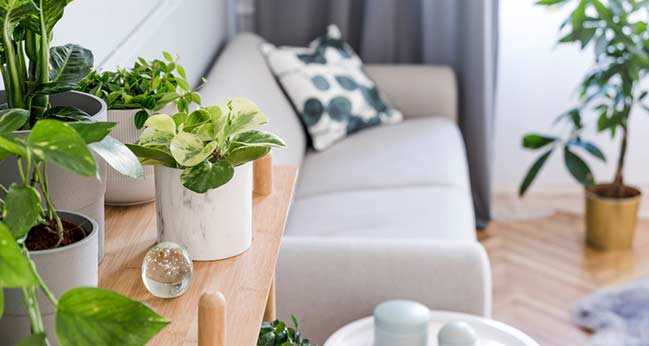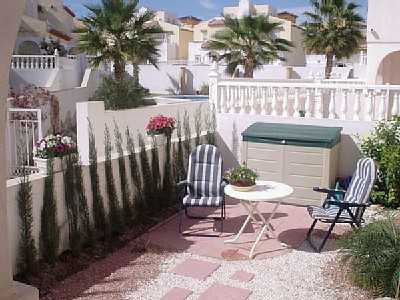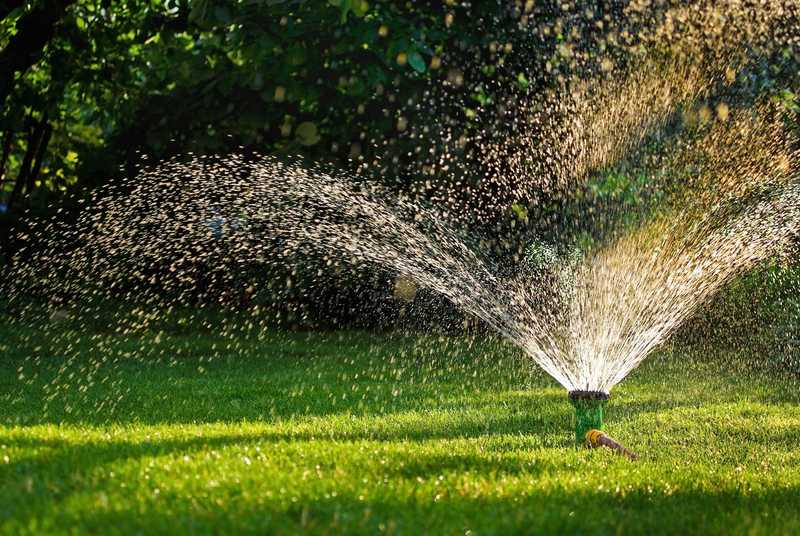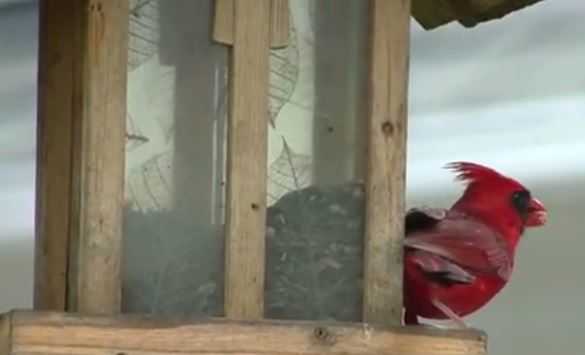Water Conservation in Apartment Complex
The need and importance of conservation of water, energy and natural resource are known to people all over the world. Apartment complex residents can play vital role in saving water not only for their society but also for the city as a whole. Water conservation helps in bringing down the water bill, saving money and environment. If we take out more water than the permitted amount by the natural system, it will definitely lead to lowering down of the water table and eventually dramatic effects will be noticed upon water quality, future water supplies and agriculture.
Adopting Green Lifestyle for Water Conservation in Apartment
Green lifestyle brings down the carbon footprints and save earth. Today ‘Green’ is a buzz word associated with environment or earth. In an apartment complex, while the demand for water is high, especially during the summers, water conservation becomes important and vital for a better prospect. Hence, we bring to you few of the steps and methods, through which water consumption in an apartment complex can be reduced;
 |
 |
- Rainwater harvesting: Rooftop rainwater harvesting is quite popular, since it is quite easy to collect rainwater falling on rooftops and terrace. Apartment owners can form an association or group for implementing rainwater harvesting system in their respective apartments.
- Group of water-conscious people: Encourage your family to keep looking for new ways to conserve water in and around your home. Form a group of water-conscious people and encourage your friends and neighbours to be part of this mission. Promote water conservation need and methods in community newsletters and on bulletin boards.
- Repair or replace leaky faucets: Leaky faucets in your apartment are one of main contributor to the wastage of water. A faucet that drips every second could be wasting over 2,500 gallons of water a year. Replace or repair leaky faucets as early as possible. Encourage your neighbours also for the same.
- Close taps when shaving or brushing: Do not leave the tap running while you are brushing your teeth or soaping your face. Turning the water off, while you lather the soap, it can save as many as 5 gallons of water each time you wash. Use one glass of water for brushing teeth instead of running the faucet.
- Check your toilets for leaks: Put a little food colouring in your toilet tank. If, without flushing, the colour begins to appear in the bowl within 30 minutes, you have a leak that should be repaired immediately. Don’t use the toilet to flush a cigarette butt, facial tissue or any other small bit of trash. Every time you flush a cigarette butt or wastebasket, five to seven gallons of water is wasted.
- Dishwasher to conserve water: If you have a dishwasher, then stop washing your dishes by hand. If you have to wash your dishes by hand, fill one side of the sink with hot soapy water and fill the other side with rinse water. Don’t leave the faucet running.
- Use bottle inside flush tank: In order to reduce the usage of water during toilet flushes, put a 1-liter bottle filled with water inside each of the flush tanks. This displaces 1-litre volume of water in the tank and thus, saves 1 litre with every full flush.
- Dual piping: Residents can use one pipe for drinking, bathing and utensil cleaning, while the other pipe should be used to bring in rain water and treated water for toilet, lawns, washing cars, floors etc. This will enable to save up to 40% of potable water.
- Stop dispose of food and Polluting water: Do not dispose food waste in kitchen sink as it requires lots of water for disposal and also increases unnecessary load on septic tank. Throwing chemicals in the trash or down the drain means they might end up coming back in your water supply to haunt you. Daily ensure that, you or your family consumes less water comparing to previous days.
- Washing dishes by hand: If you have a double-basin, fill one with soapy water and the other with rinse water. If you have a single-basin sink, gather washed dishes in a dish rack and rinse them with a spray device or a pan full of hot water.
For cleaning toilet and flushing, use recycled water. It is unwise to use drinking water or potable water for flushing down water in toilet, washing cars, floors etc. Each day ensure that the water consumed is lower than the previous day. This helps to save water and your money. All the water used in the home, apart from flush water, can be re-used to some degree. Upgrade your toilet with new water efficient models.







